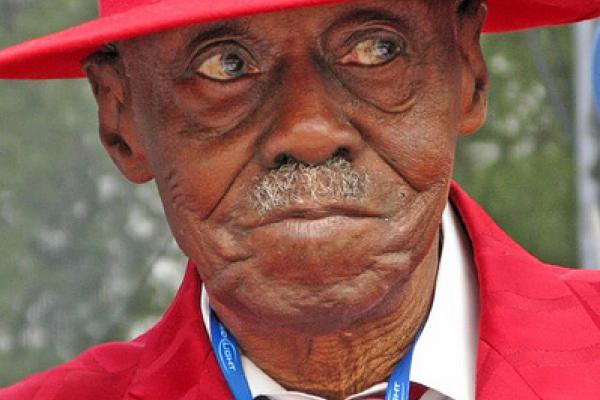Jan 2, 2012
It’s good to start a new year by remembering those who passed in the just concluded year. These aren’t the most famous (or infamous), and I didn’t know them personally (or, at best, had met several briefly), but their lives touched mine in three of my passions: American roots music, politics and public life, and baseball.
Read the Full Article

Already a subscriber? Login
